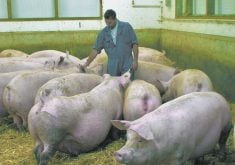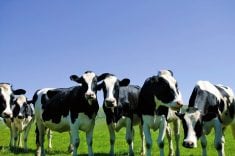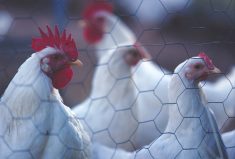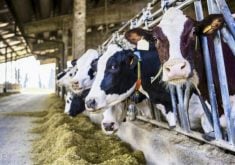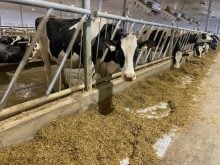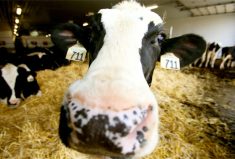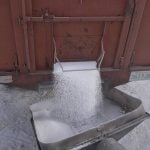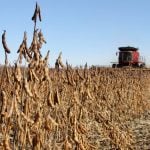Canadian dairy breeders may be able to acquire genomic evaluations within Canada later this year for domestically bred cows not registered in national breed association herdbooks.
Why it matters: The change will allow all Canadian-born dairy cattle to receive a genomic evaluation based on Canadian calculations.
The proposed change was outlined by Lactanet chief services officer Brian Van Doormaal during the organization’s Open Industry Session last month.
Read Also
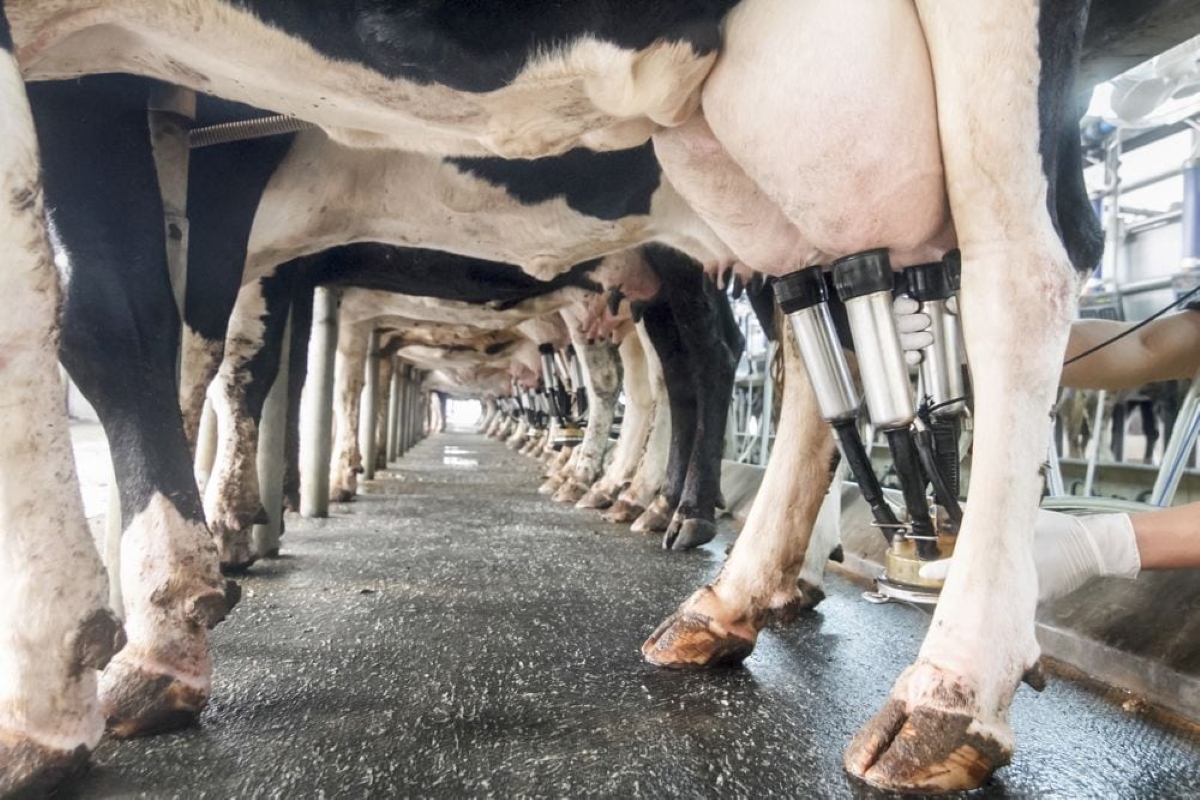
Farm gate milk price to rise in 2026
The Canadian Dairy Commission will raise its farm gate milk price by 2.3255 per cent in February, the Crown corporation announced on Friday.
In an interview following the webinar, Van Doormaal noted all genomic testing – through Lactanet or through testing service providers like Semex or Holstein Canada – will still be conducted south of the border through the U.S. Council on Dairy Cattle Breeding (CDCB).
“They conduct multiple genotype quality assurance steps as well as their haplotype analysis and then all genotypes received by CDCB (from anywhere globally) are shared with us at Lactanet.”
Currently, Canadian service providers can’t accept cows not registered in Canadian breed association herdbooks. Producers who want to acquire those animals’ genomic evaluations — what Van Doormaal referred to as a genomic prediction — must work directly through CDCB. The cost per animal is US$6.
Once the change is implemented, there will still be a fee, as yet undetermined, to send samples through Canadian service providers. But it’s proposed that if an animal is then registered within two months of being tested, the fee will be waived.
Lactanet is working with the CDCB on a record-keeping process to track these evaluations. Registered cattle have a numeric country code at the beginning of their registration number. It’s proposed that non-registered cows will be given an alphabetic country code, so genomic identification will differ between registered and non-registered animals.




